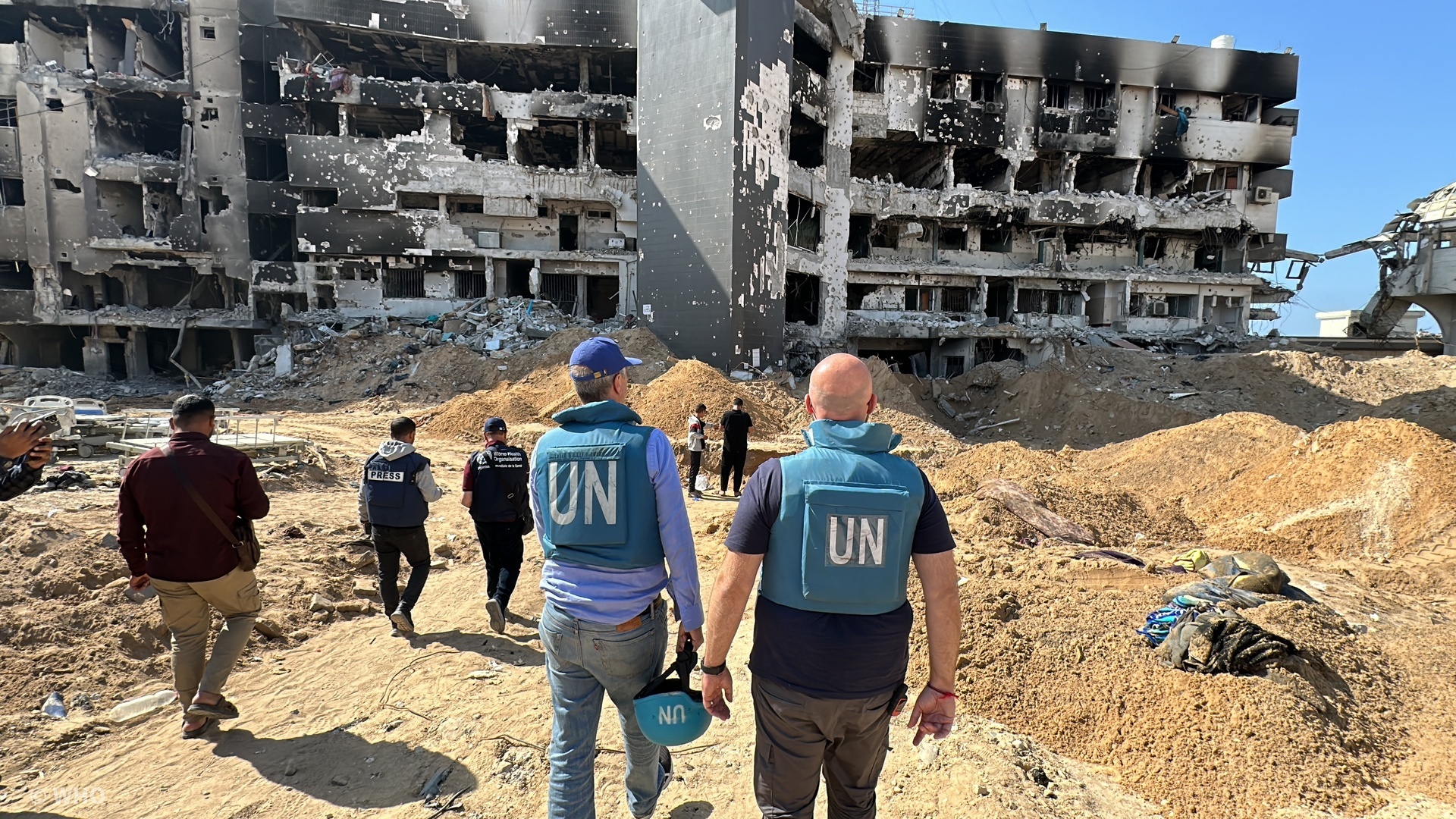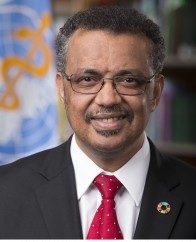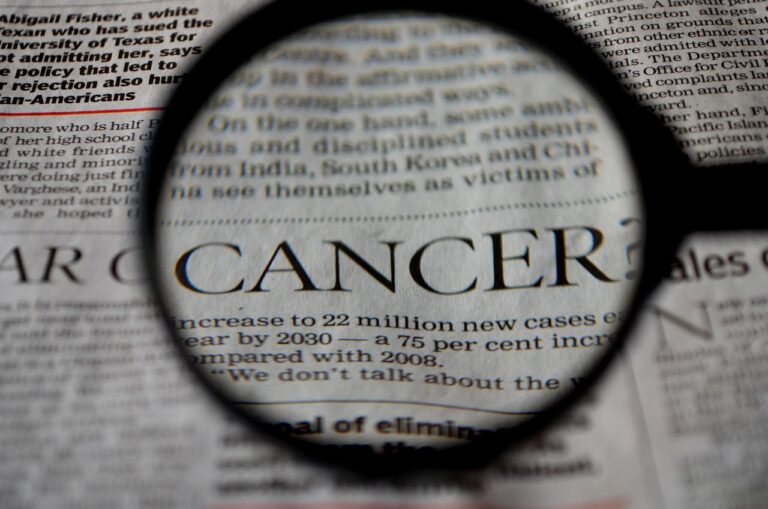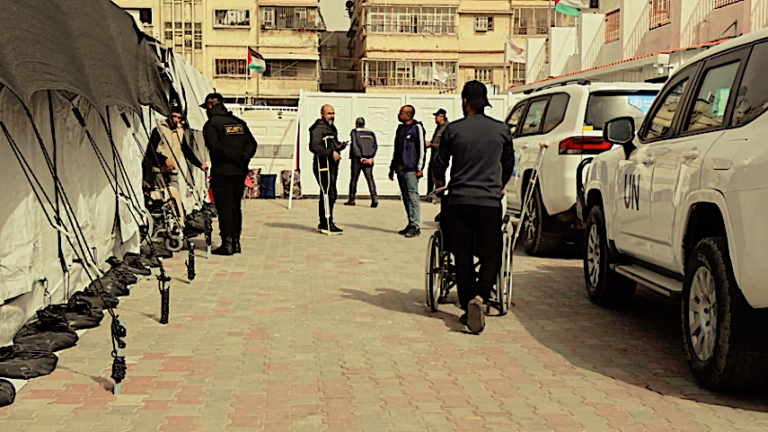
File photo of a UN mission, in Gaza on April 15, 2024. Photo credit: WHO
By Dr. Tedros Adhanom Ghebreyesus*
We are deeply concerned about Israel’s increased military activities in Rafah, where most of Gaza’s people have fled for safety. An estimated 30 to 40 thousand people have left Rafah for Khan Younis and Deir al-Balah, but more than 1.4 million people remain at risk in Rafah, including 600 thousand children.
Already, one of Rafah’s three hospitals – the An-Najjar Hospital – has had to shut down. Its patients have moved elsewhere, and hospital staff are removing supplies and some equipment to safeguard them.
The Rafah crossing from Egypt into Gaza remains closed, which is a major access point for supplies into Gaza. Fuel that we expected to be allowed in today has not been allowed in, meaning we only have enough fuel to run health services in the south for three more days.
The World Health Organization (WHO) has pre-positioned some supplies in warehouses and hospitals, but without more aid flowing into Gaza, we cannot sustain our lifesaving support to hospitals. WHO has no intention of withdrawing from Rafah and will stay and deliver alongside our partners.
WHO is coordinating the work of 20 Emergency Medical Teams in Gaza, comprising 179 internationals from 30 countries, working alongside 800 local staff. These teams are embedded in 10 existing hospitals and have established five field hospitals. They have provided almost 400 thousand consultations, performed more than 18 thousand surgeries, and added more than 500 additional hospital beds. They are working at all levels of care, in the north and south, providing trauma stabilisation, delivering babies, supporting early warning for disease outbreaks, and so much more.
With support from WHO and hospital staff, Emergency Medical Teams have cleaned up Nasser Medical Complex in Khan Younis following an attack and siege earlier this year. They have recruited health workers and the hospital is ready to start receiving dialysis patients today.
A ceasefire is needed urgently for the sake of humanity. WHO calls for the removal of all obstacles to the delivery of urgent humanitarian assistance into and across Gaza, at the scale that is required.
It is time to silence the guns and raise the volume for peace in Gaza and also in Sudan where 15 million people need urgent humanitarian health assistance.
In Sudan, where more than a year of fighting has left the country facing a humanitarian disaster, more than 15,000 deaths and 33,000 injuries have been reported since the conflict began in April last year. Almost 9 million people are displaced, half of them children, with extremely limited access to health services.
More than 70% of hospitals in conflict-affected states, and almost half of health facilities in the rest of Sudan, are not functioning. Those that are functioning are overwhelmed by people seeking care, many of whom are internally displaced. Health facilities, ambulances, health workers and patients continue to be attacked, depriving entire communities of essential health services. Just last week, two of our colleagues from the International Committee of the Red Cross were killed in South Darfur.
The conflict has led to a devastating deterioration in food security. More than one-third of the population is facing acute hunger, and there is a risk of famine in Darfur and Khartoum. Humanitarian partners have released a famine prevention plan. WHO’s priority is to ensure continuity of health services to prevent and respond to outbreaks, and to provide care for those most in need, including pregnant and breastfeeding women and children under five.
Access to the most vulnerable remains highly constrained. All sides to the conflict must provide unhindered humanitarian access to those in need, including through cross-border routes.
In neighbouring Chad, an outbreak of Hepatitis E has been declared, with more than 2,000 cases and 7 deaths, mainly among Sudanese refugees. WHO has deployed a team to support the response. Most of all, we call for a ceasefire and a comprehensive peace process for Sudan. The best medicine is peace.
*Excerpts from today’s media briefing of Dr. Tedros Adhanom Ghebreyesus, Director-General, WHO.






